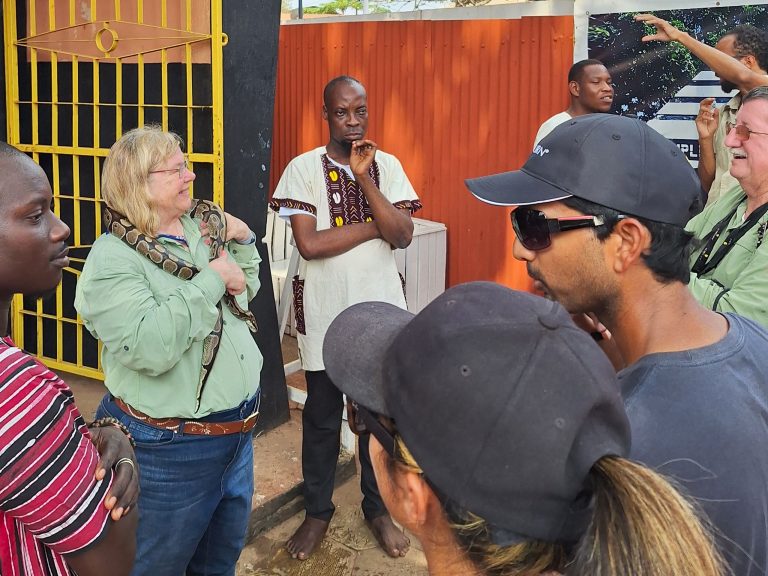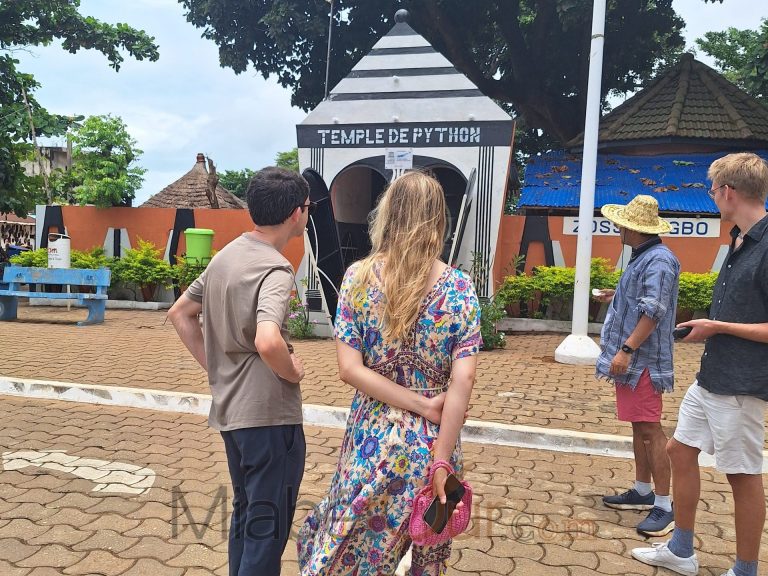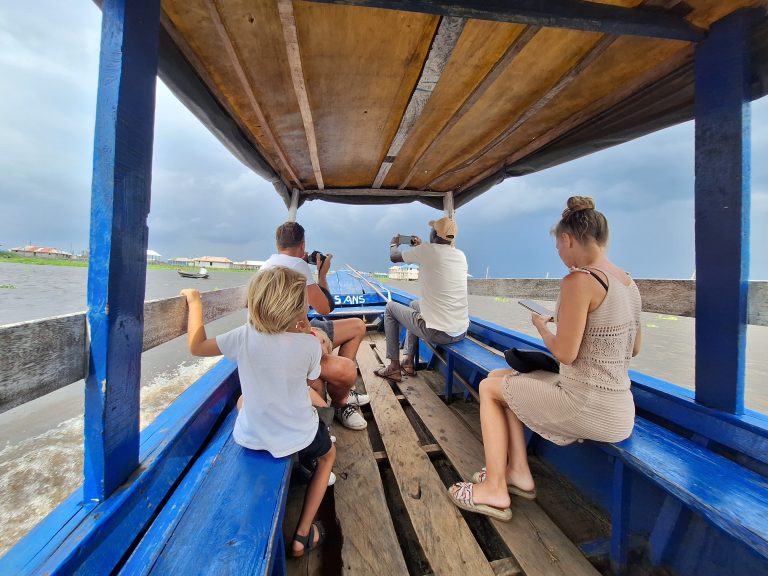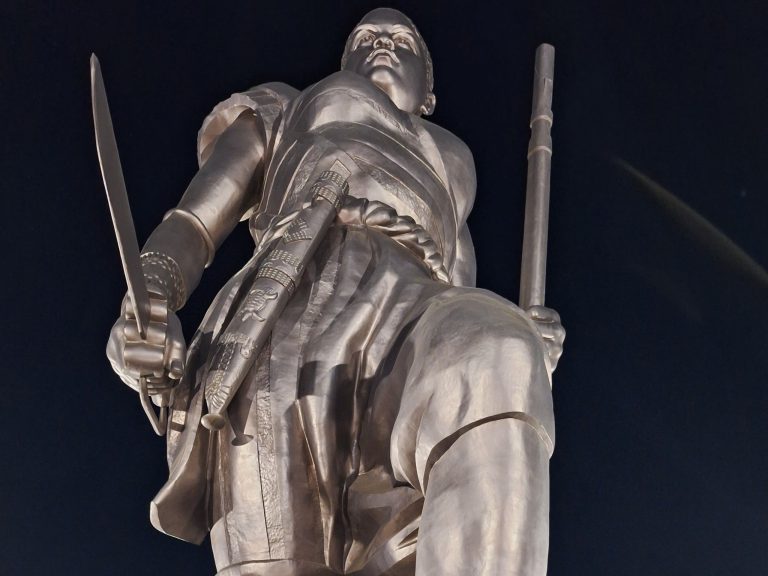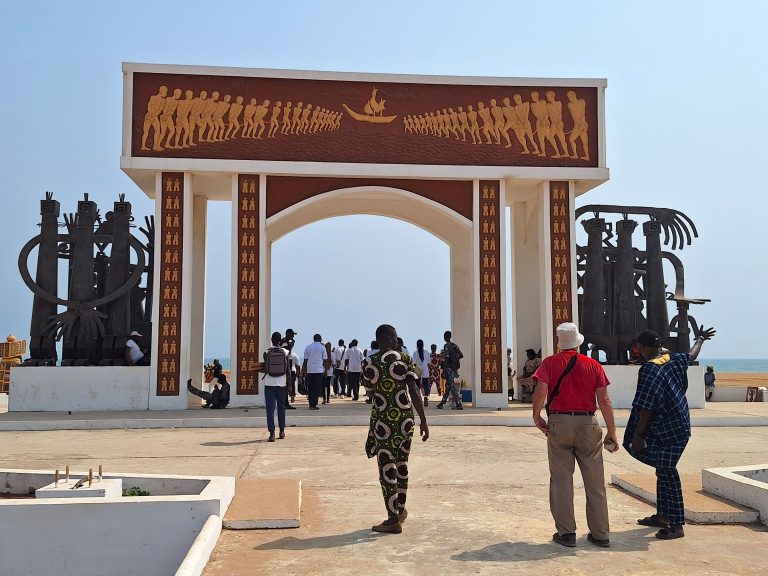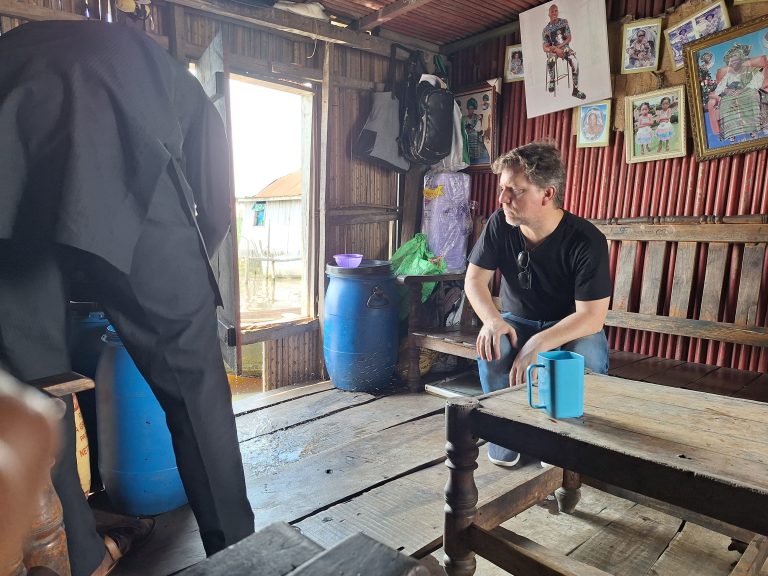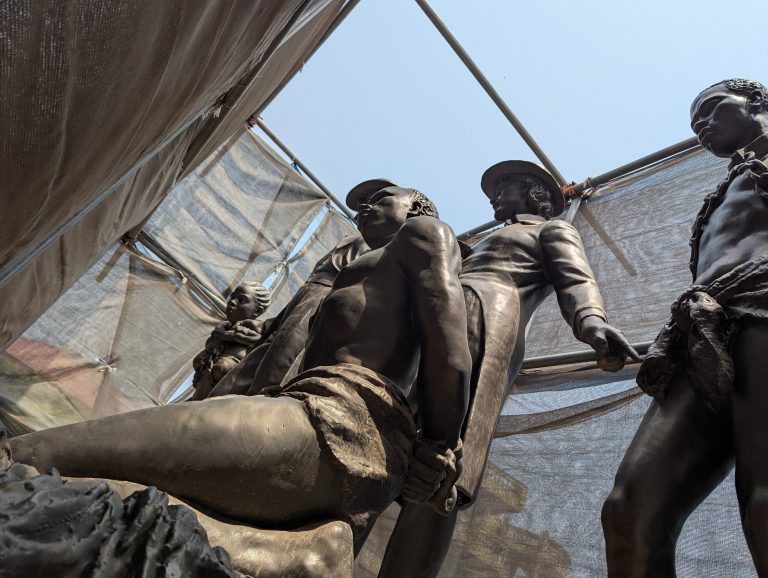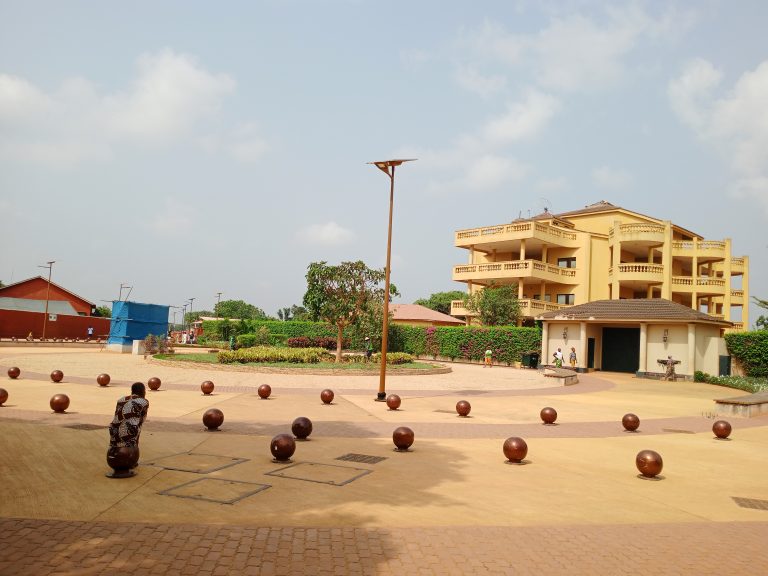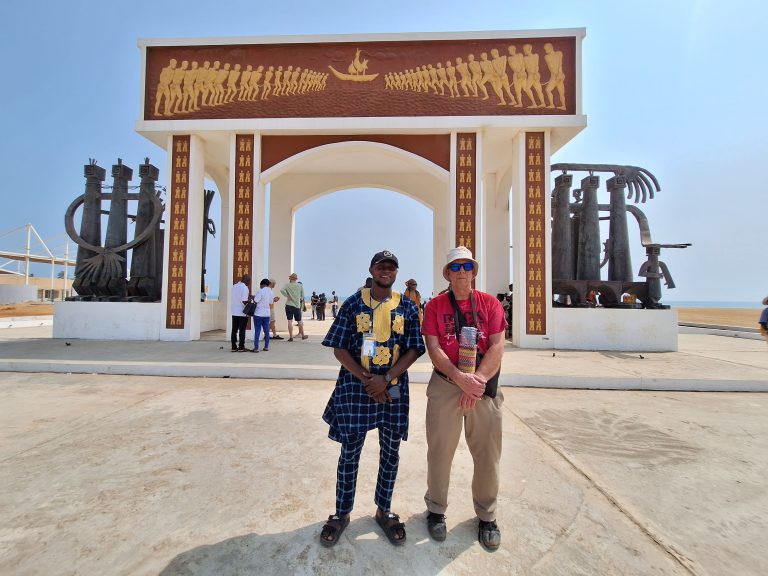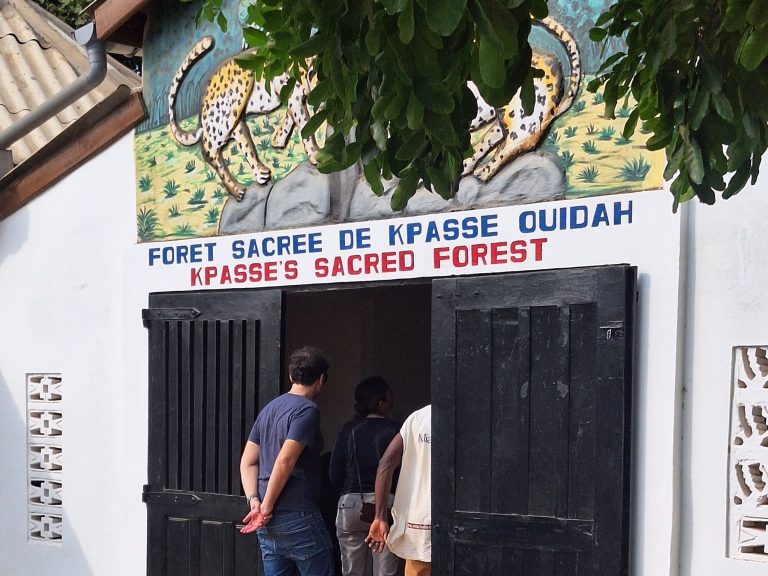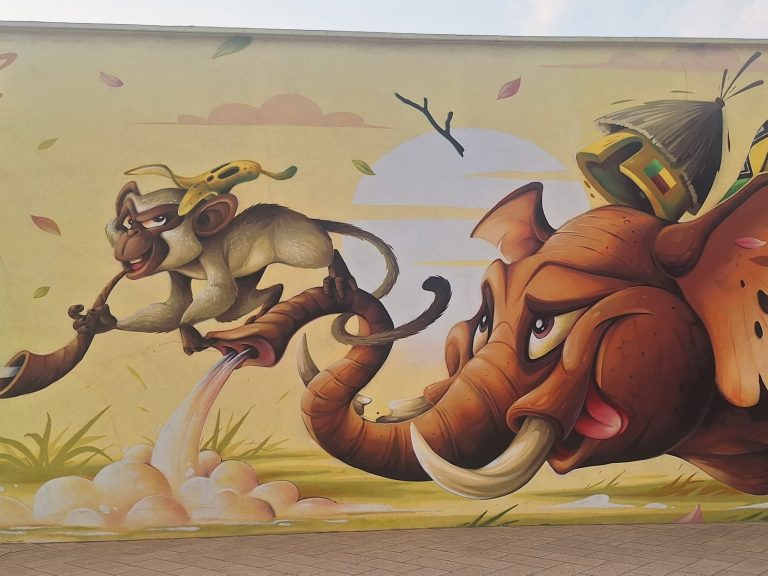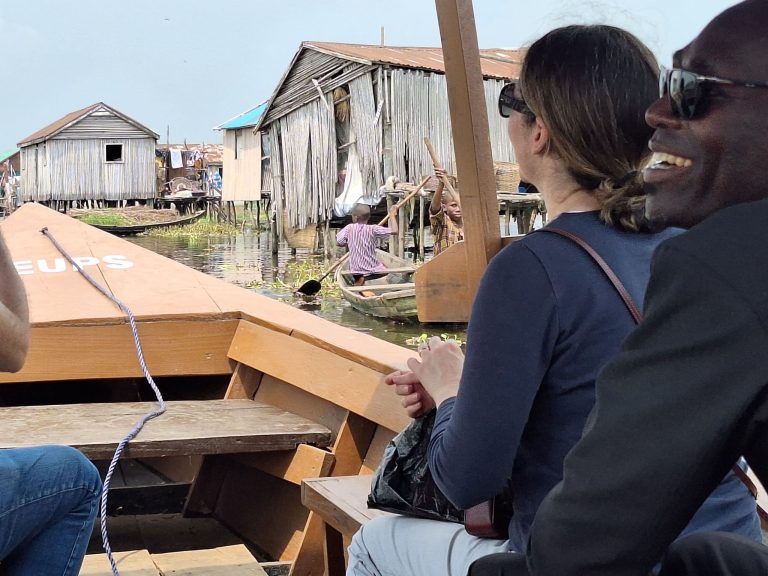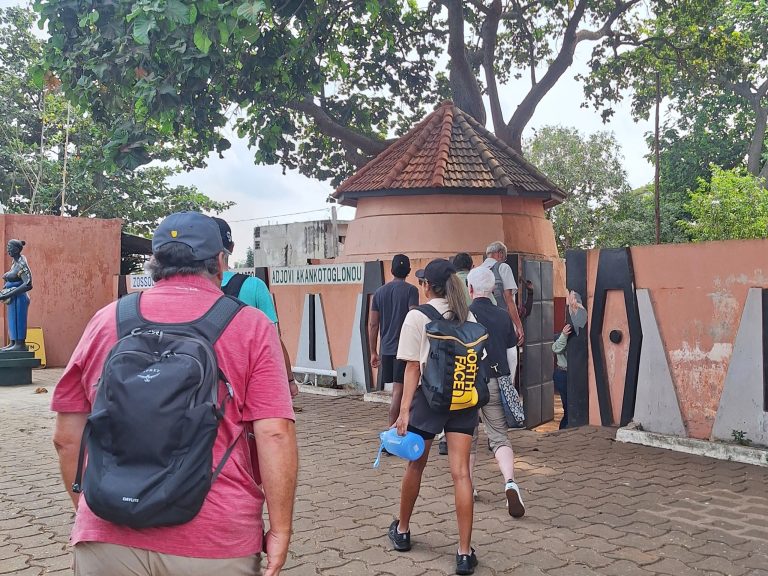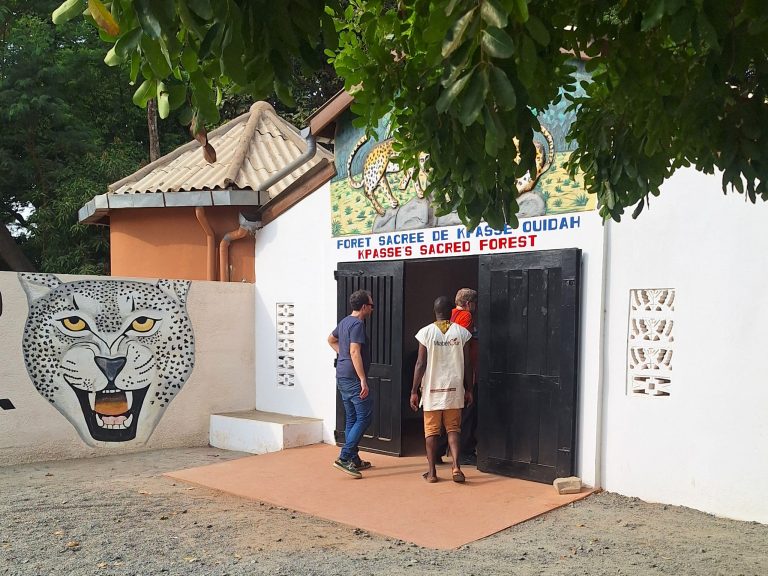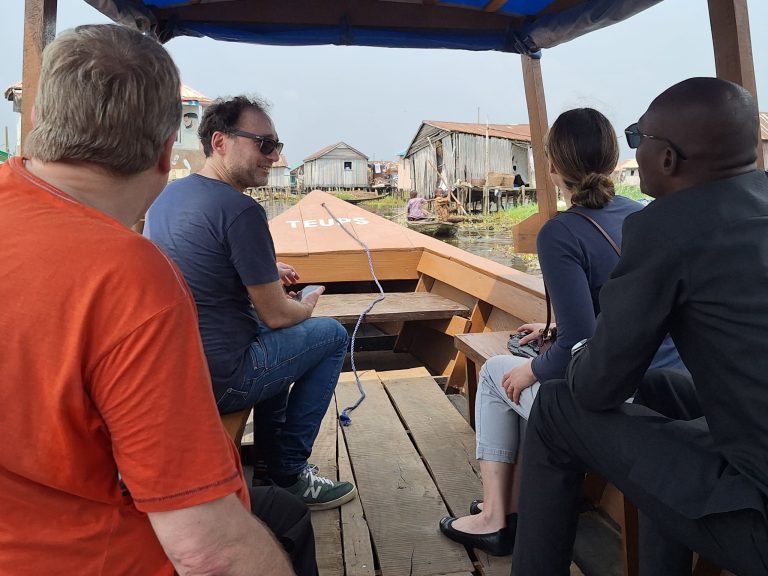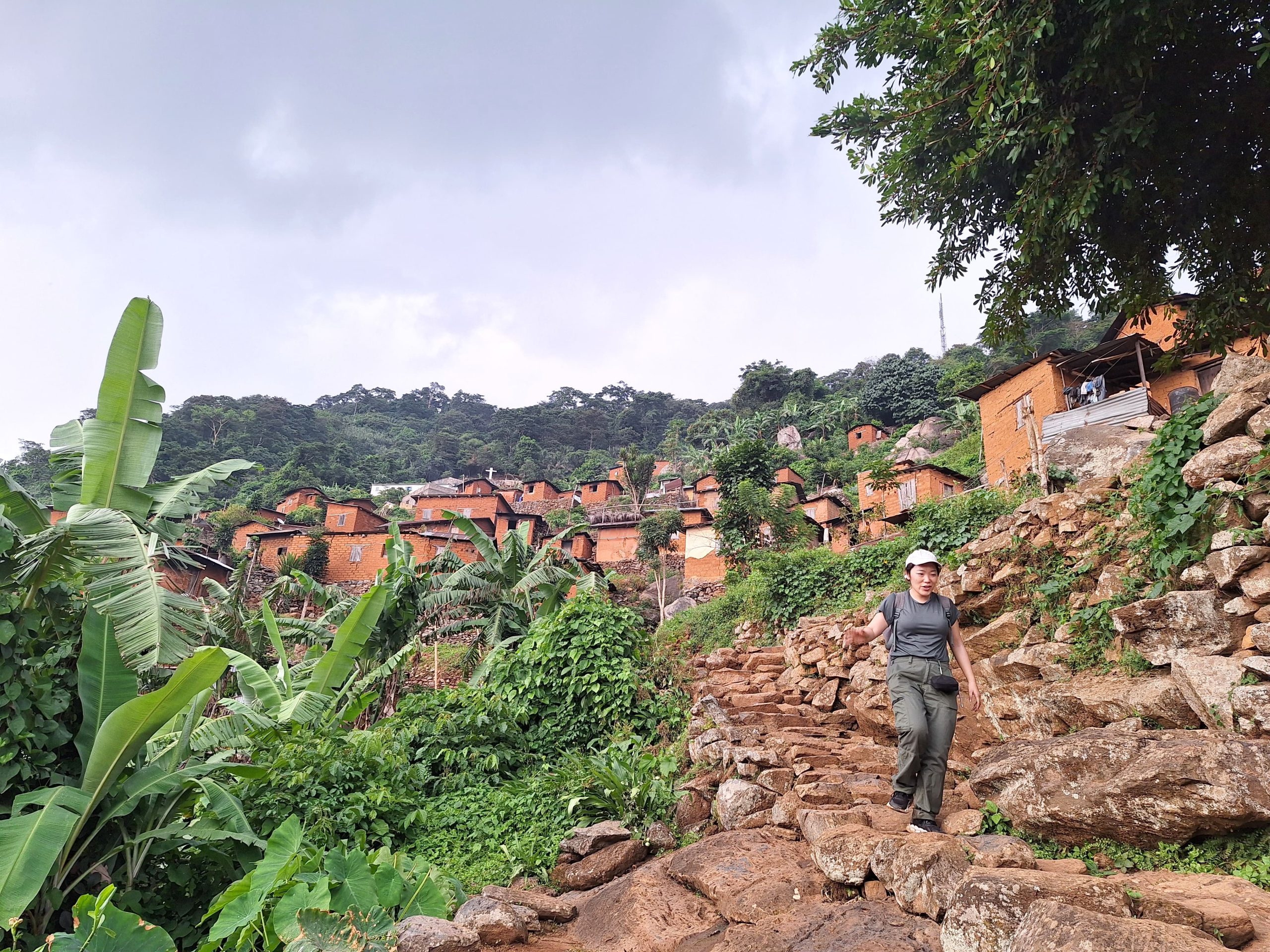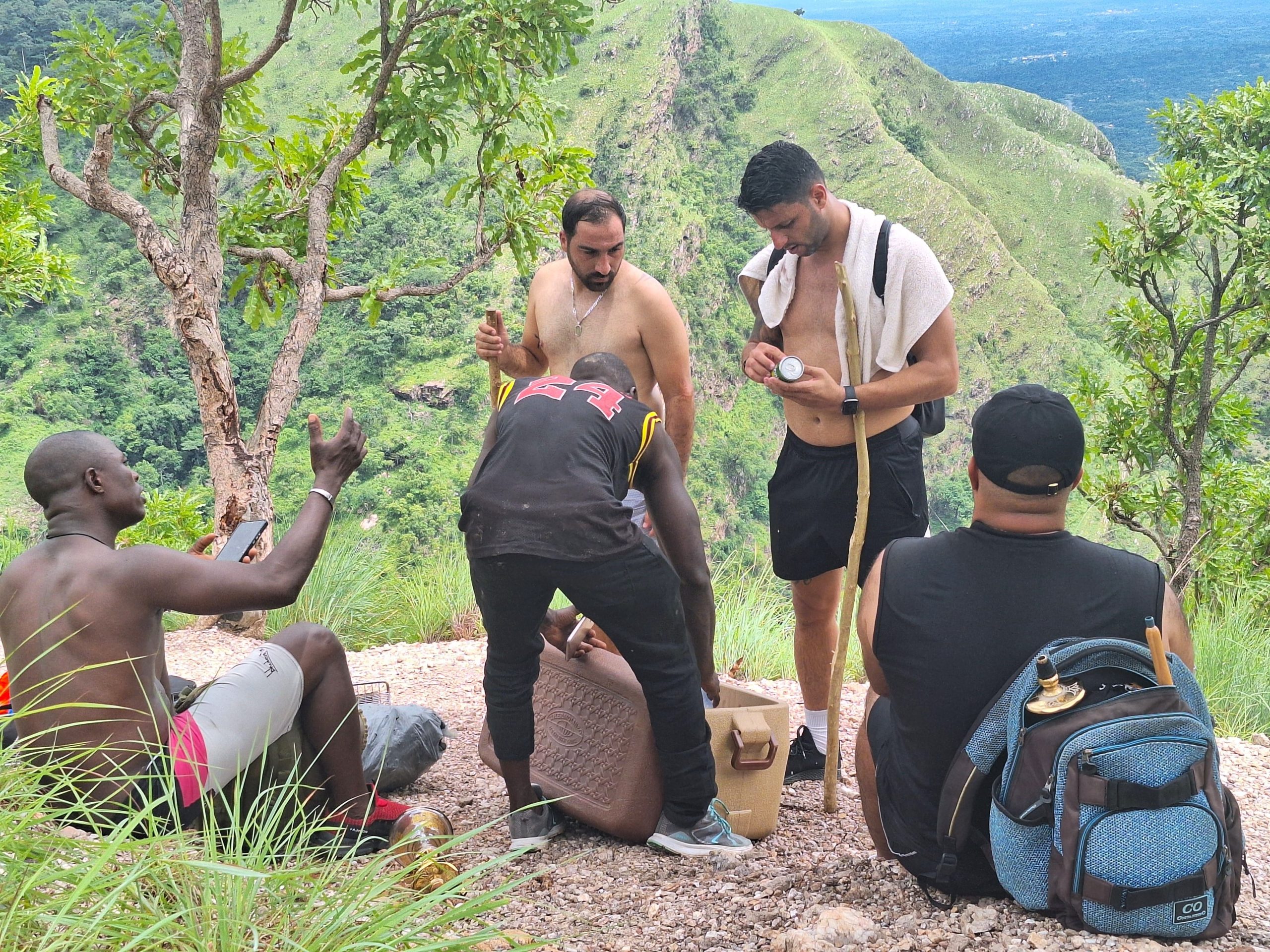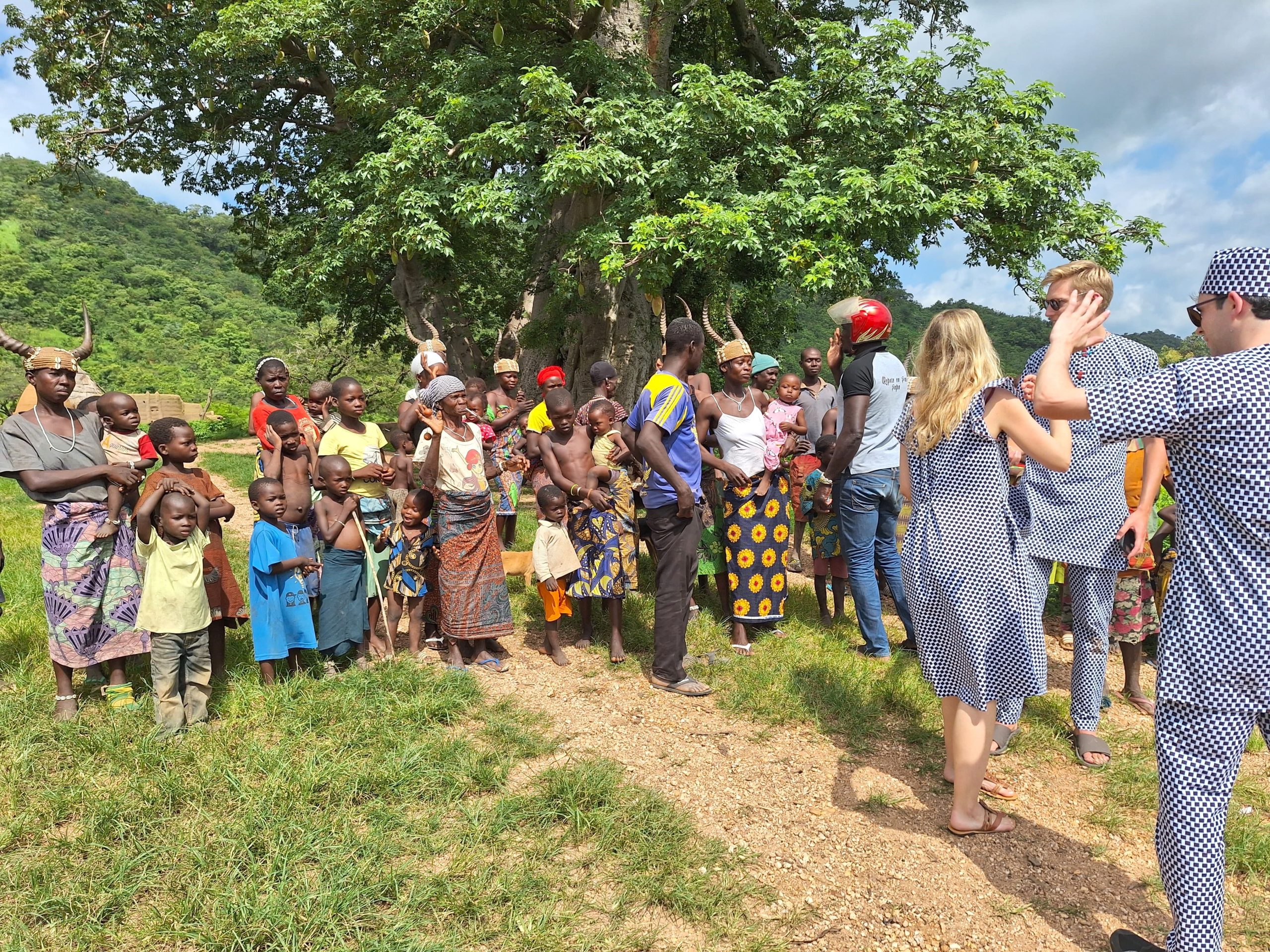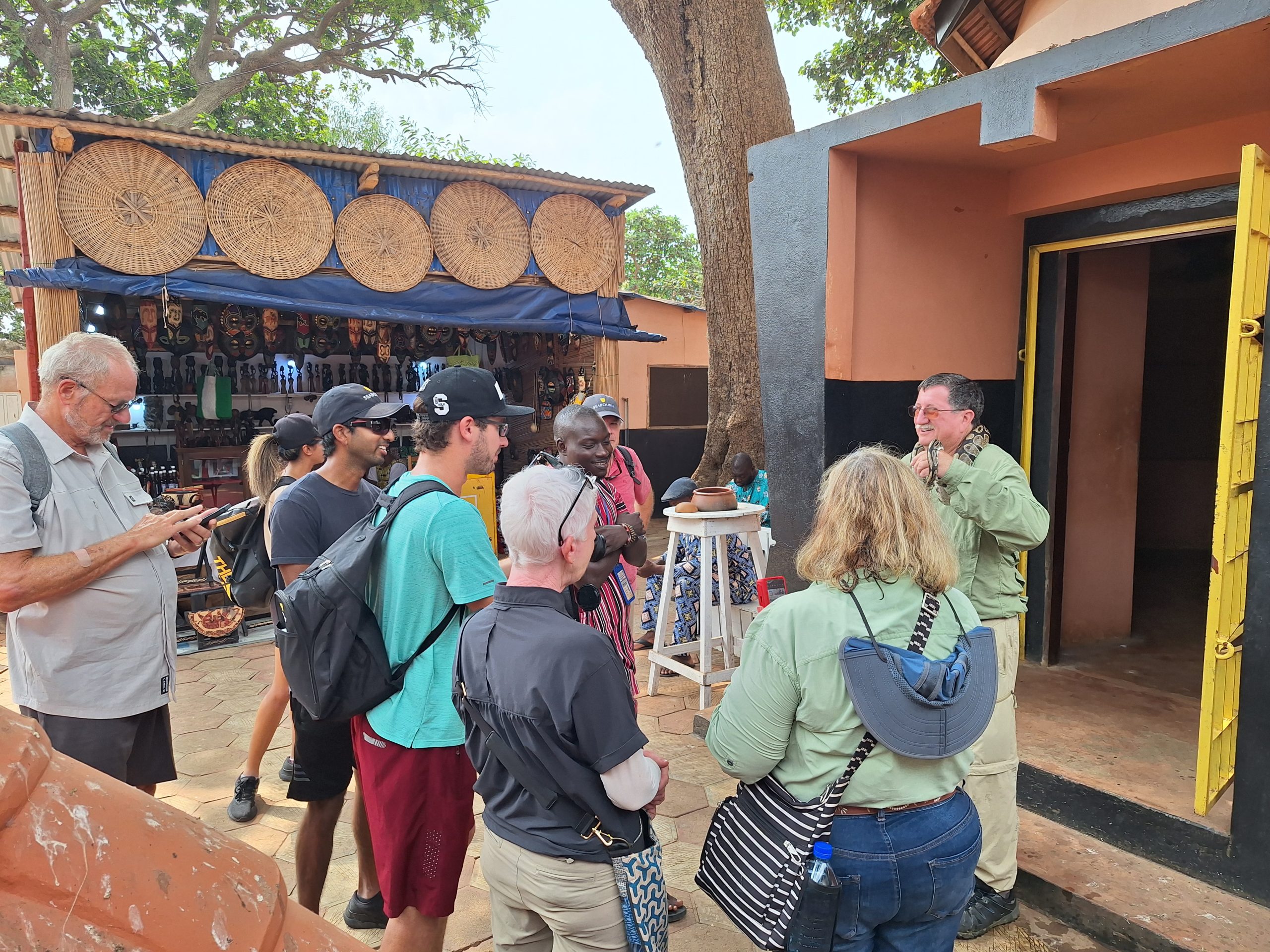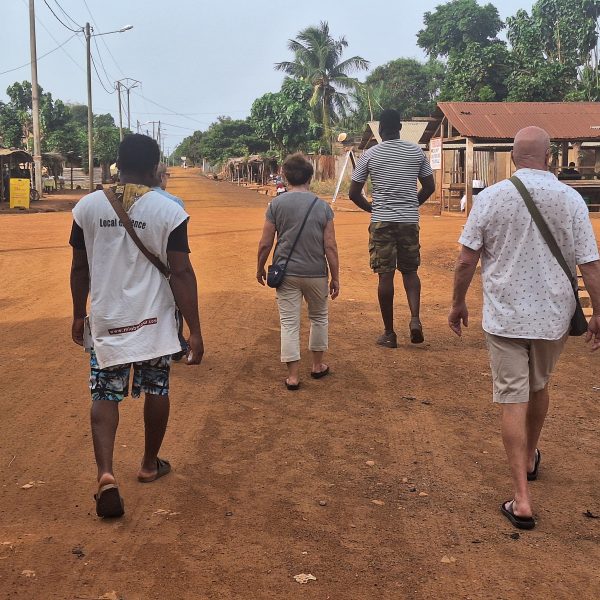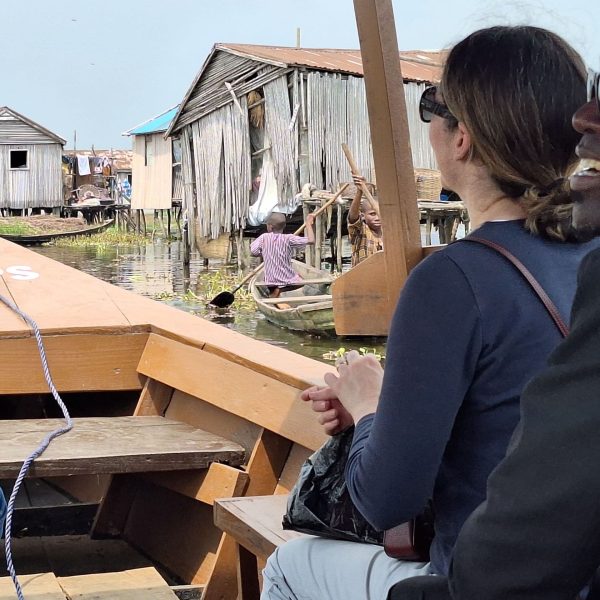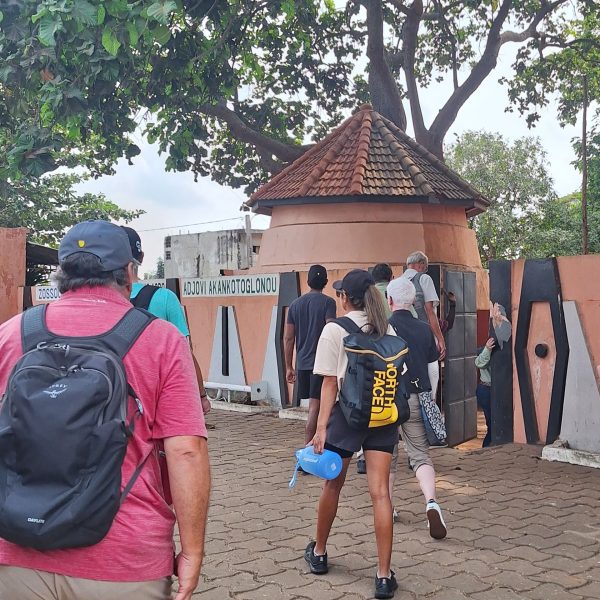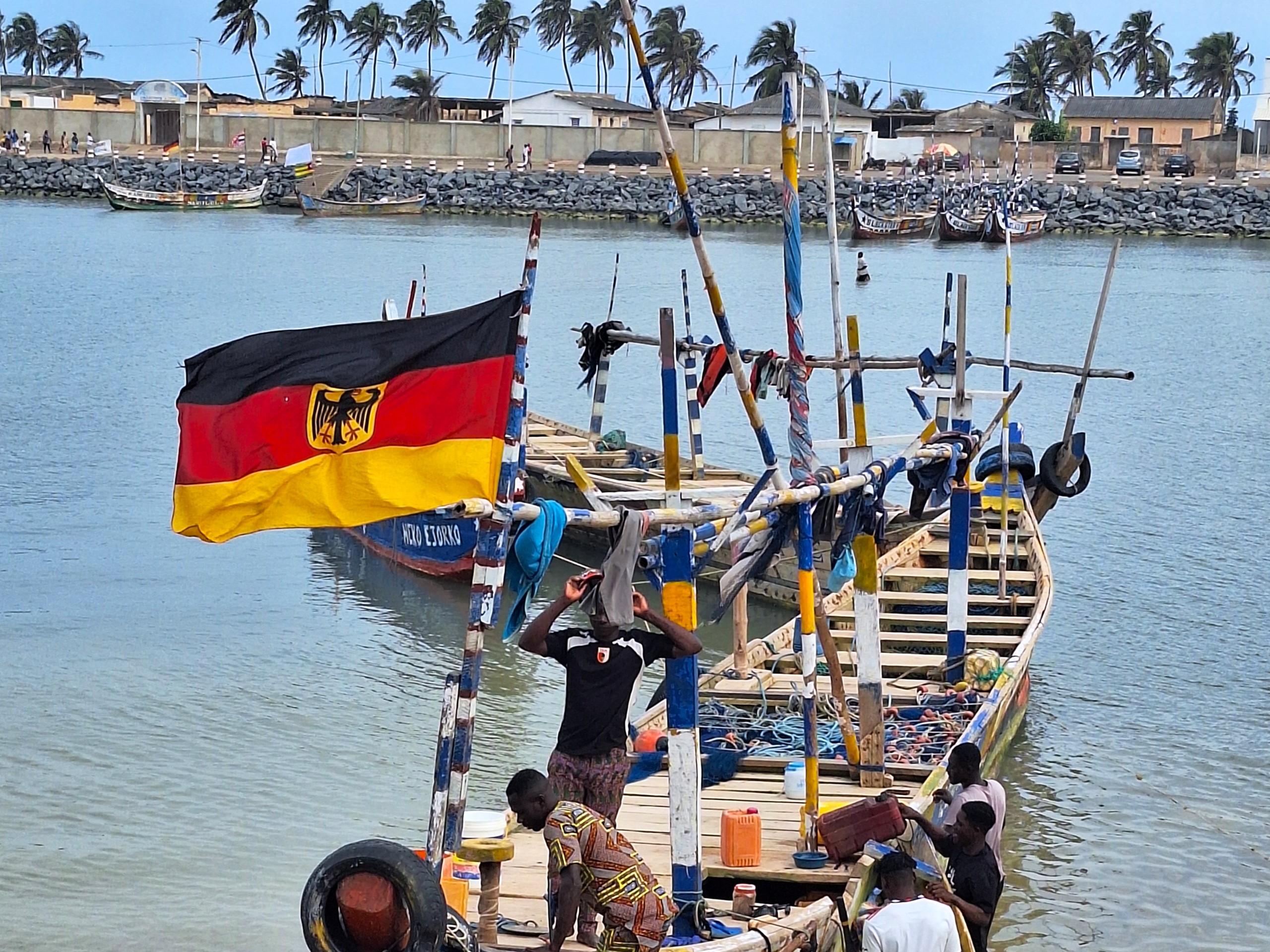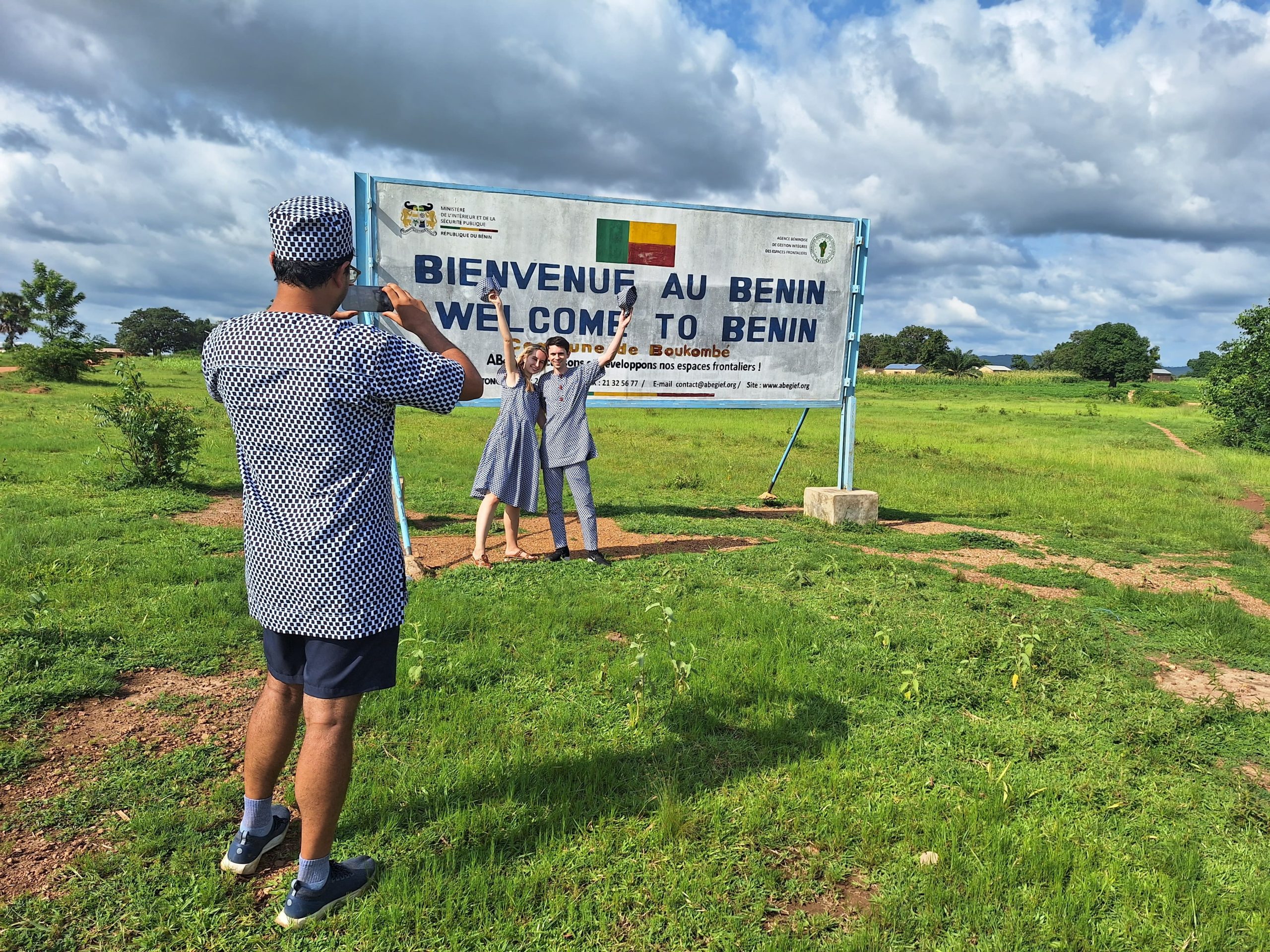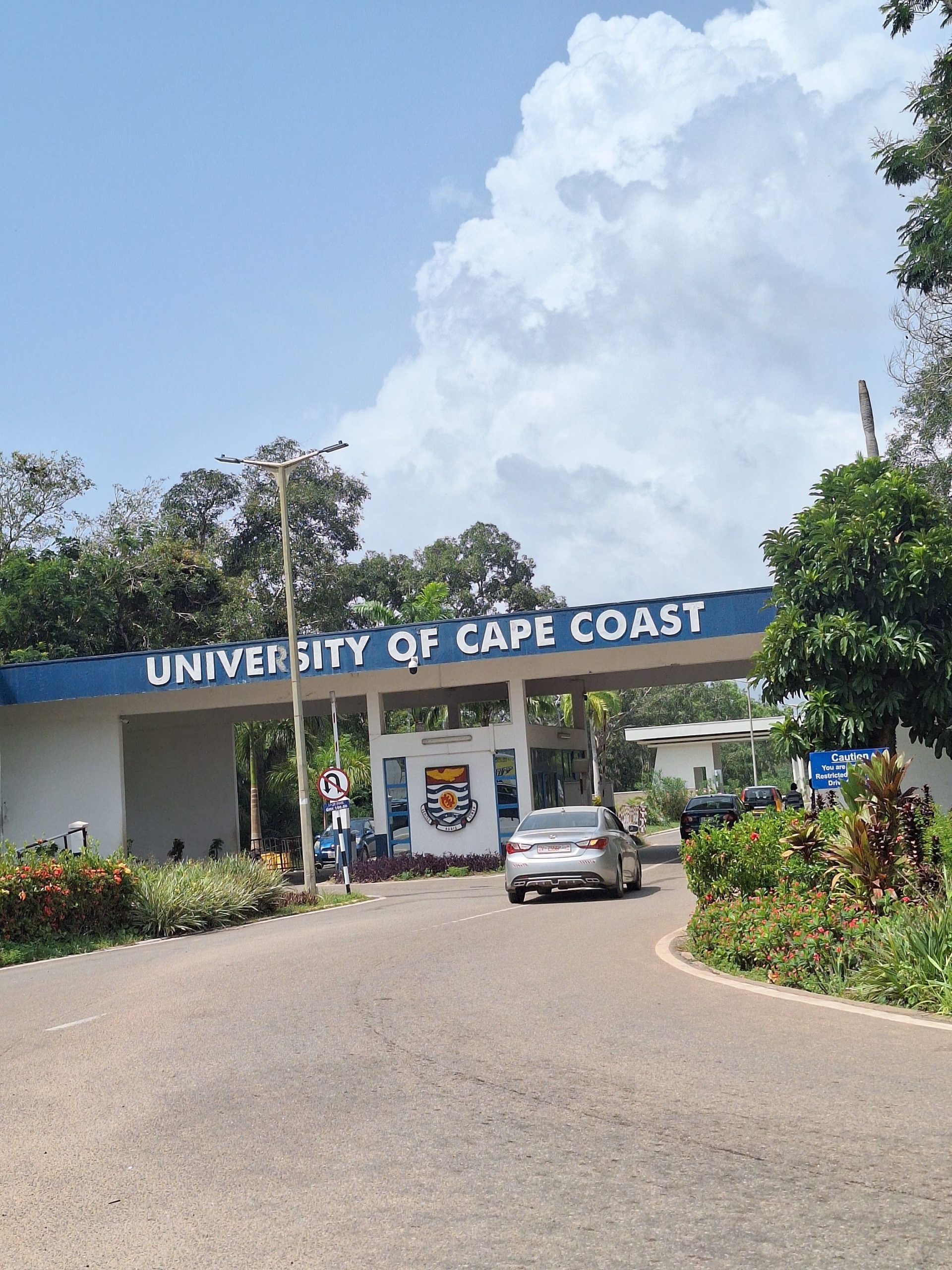Embark on an unforgettable journey through Cotonou, Ganvie, and Ouidah, three of Benin’s most iconic and culturally rich destinations. This private day tour in Cotonou, Ganvie, and Ouidah, offers a deep dive into the vibrant heritage, history, and daily life of the region.
Begin your experience in Cotonou, where you will explore key landmarks that reflect the city’s dynamic blend of modern life and historical significance. From local markets to cultural sites, Cotonou sets the tone for a day of discovery in Cotonou.
Next, cruise through the tranquil waters of Lake Ganvie, famously known as the “Venice of Africa.” Visit the fascinating stilt villages of Ganvie and gain insight into the unique lifestyle of the Tofinu people, who have built an entire community on water.
Finally, step into the powerful history of Ouidah, a city deeply connected to the transatlantic slave trade. Walk along the Slave Route leading to the Gate of No Return, and learn about the resilience and strength of the Beninese people through this poignant chapter of history.

